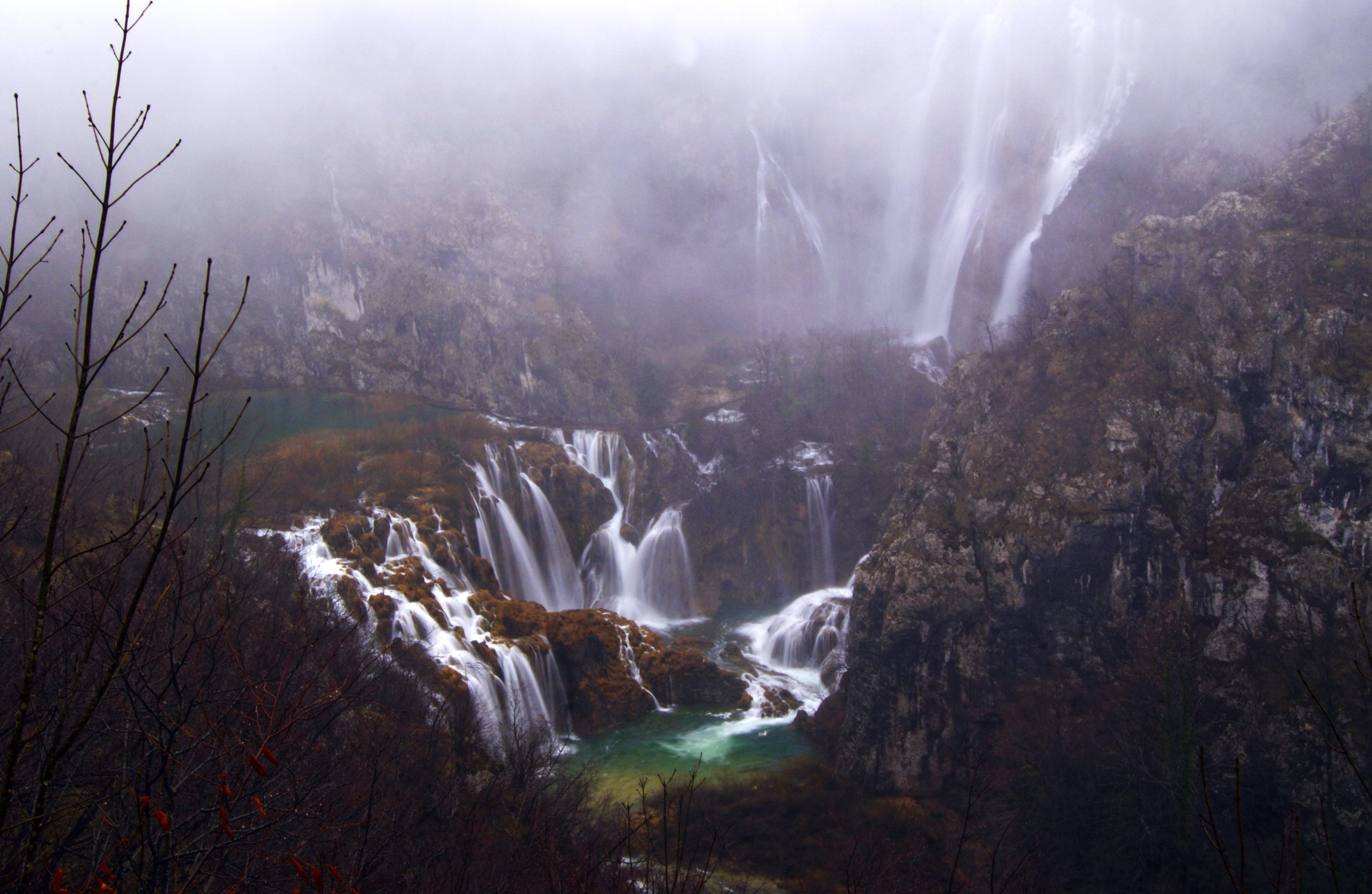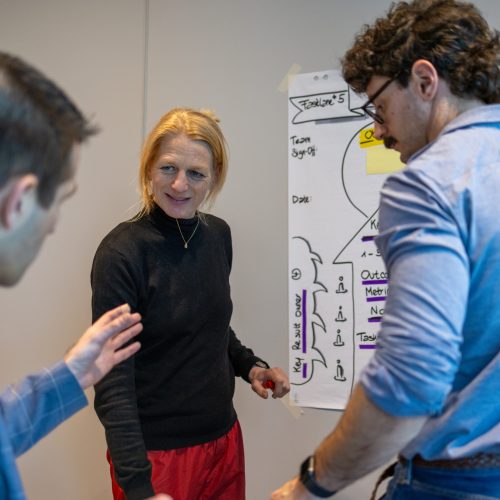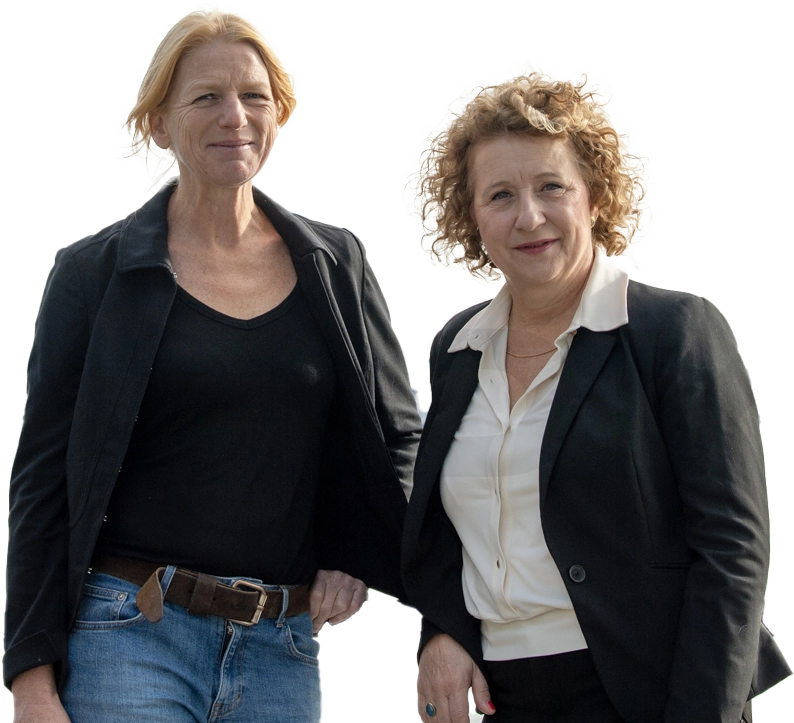Share this post
How do you know who you are meant to be?
Maybe the question is too big.
How do you know when to change?
Also too big?
Then, let’s talk about your company – do you know who it wants to be?
(Which tends to answer the two bigger questions.)
When someone asks you “What do you do?”, are you always happy with your answer?
Does it change every time?
Welcome to venture fluidity.

In the last two decades, there has been a Gold Rush toward Silicon Valley (Silicon Rush?), where ambitious and creative minds raced toward being in the same spaces as the creators of some of the greatest technological advancements of our time. More businesses and products were built, which formed a process and methodology: starting lean, to find a minimum viable product and turn it into something that could scale (‘Lean Startup Methodology’). These developments were invested with venture capitalists who shared the vision and capital to get the process going, with a return of investment promised. This model proved very successful for software companies and much of our modern world is built on these innovations.
Or maybe not everything is as it seems. By confining yourself into a formula might take your life into a flow that will never quite feel your own. We have found that every company has their own definition of success. It is not hugely surprising to us that the last decade has seen such a prevalence of mental health conversations, and businesses evolving from their original intent. The pressures have been mounting against unrealistic expectations.
We asked ourselves if maybe the difficulties begin at the beginning. The business design of a startup is likely not the road for everyone, and many companies may have been swept up in flow. We’ve seen many succumb to the pressures of not quite fitting into this model, and the struggle is even more real when there are employees and salaries at risk.
Business leaders have often expressed to us the feeling of being “trapped” in the wrong storyline. We began to recognize that this was not an isolated problem, and that often had something to do with the path they chose for themselves at the beginning of their venture.
REMEMBER WHAT YOU ARE
It became obvious that there were alternate routes toward building a venture of impact. We studied history and the current markets, and tried to distinguish them into concrete paths. Without simplifying or generalizing, we designed three business models:
Can you distinguish yourself within one of these? By removing the two options, you see how to go all-in toward the future. Where it gets confusing, for us and many entrepreneurs, is when the earning business and disruptors are looped together with the startup. It seems as though small, new companies are broadly called startups, when the reality is to admit to being something else.
A FLUID VENTURE
Here is the essence of venture fluidity.
Venture fluidity is something we define as the ability of a company to define itself, and daring to make its place in the world. They are “fluid” – able to flow from one state of being into another. Settling into their own form.
Ask yourself, “What do I want to leave behind? What is the impact I would like to make? When my company has been successful – what has changed?”.
If you can find the answer to these questions, you can begin scouring the landscape and find your place within it. You will find where you are needed.
HOW TO BECOME FLUID
Try flipping your business model on its head:
Call it a process of elimination. Write down the wildest ideas. You might see your company change before your own eyes.
We’ve worked with many established ventures and guided them into a new path. It takes a fair amount of guts to really identify yourself and what you are building for the world. Like the first drop of water that turned left, when the stream was turning right, you can always set yourself into the direction you want.
THEN BE
To be fluid means to dare to choose your own route. See yourself clearly for where you are and where you haven’t yet been. If you feel you got caught in a stream that isn’t yours, maybe it’s time to just as easily flow out, and into your own path. There may not be time to stop, but there is always a way to redirect.
“When you accurately perceive the fluidity of things, you can also begin to perceive the constancy behind them: the creative, transformative, boundless, immutable.” Lao Tzu
Share this post
Intro text voor de nieuwsbrief
By clicking “Sign up” you’re confirming that you agree with our Terms and Conditions
Intro tekst



Unleashing Insights for Your Business Growth Journey


Stuur ons een bericht